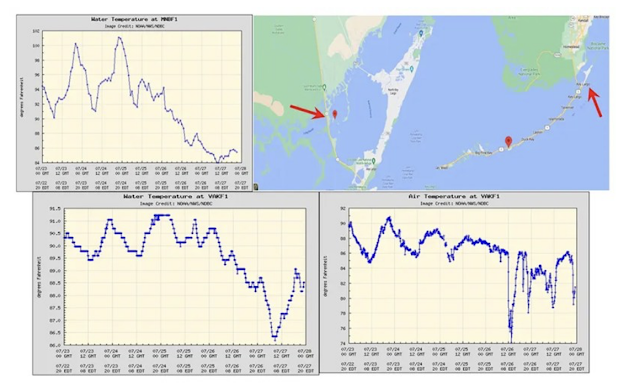The Looming Financial Bubble: An Unprecedented Economic Challenge
As of January 1, 2025, financial experts are raising alarms about what could be the largest financial bubble in history, with no clear rescue in sight. This situation is characterized by soaring asset valuations, escalating consumer debt, and significant economic imbalances that threaten global financial stability.
Indicators of the Bubble
Soaring Asset Valuations: Major stock indices have reached unprecedented levels, with the S&P 500 ETF (SPY) trading at $586.08, reflecting a slight decrease of 0.36% from the previous close. Similarly, Bitcoin (BTC) is valued at $93,443, indicating a 0.72% increase. These elevated valuations have led to concerns about unsustainable growth and potential market corrections.
Escalating Consumer Debt: In 2024, U.S. credit card loan defaults surged dramatically, with lenders writing off over $46 billion in delinquent credit card loans in the first nine months—a 50% increase from the same period in 2023 and the highest since 2010. Total household debt reached a new peak of $17.94 trillion, with significant balances in mortgages, auto, and student loans. Rising delinquencies, particularly among younger borrowers, have been attributed to high inflation and interest rates.
Global Economic Imbalances: China's economy faces significant challenges following the burst of its massive real-estate bubble, which has left millions of apartments empty and unfinished. The property crash alone has erased around $18 trillion in household wealth since 2021, contributing to cautious consumer spending and sluggish growth.
Expert Warnings
Economist Harry Dent has predicted a significant market downturn, referring to it as the "crash of a lifetime." He warns that the current "everything" bubble, characterized by inflated asset prices across various sectors, is poised to burst, potentially leading to severe economic repercussions.
Potential Implications
Market Corrections: A sudden deflation of asset prices could lead to substantial losses for investors, particularly those heavily invested in overvalued sectors.
Economic Recession: The bursting of the financial bubble may trigger a global recession, with increased unemployment rates, reduced consumer spending, and overall economic contraction.
Debt Crises: High levels of consumer and corporate debt could become unmanageable, leading to defaults and financial institution failures.
The convergence of these factors suggests that the global economy may be on the brink of a significant downturn. Policymakers, investors, and consumers should exercise caution and consider strategies to mitigate potential risks associated with the impending financial bubble.



Copyright Disclaimer under Section 107 of the Copyright Act of 1976: Allowance is made for “fair use” for purposes such as criticism, comment, news reporting, teaching, scholarship, education, and research.
Find more news The Brutal Truth



Comments
Post a Comment